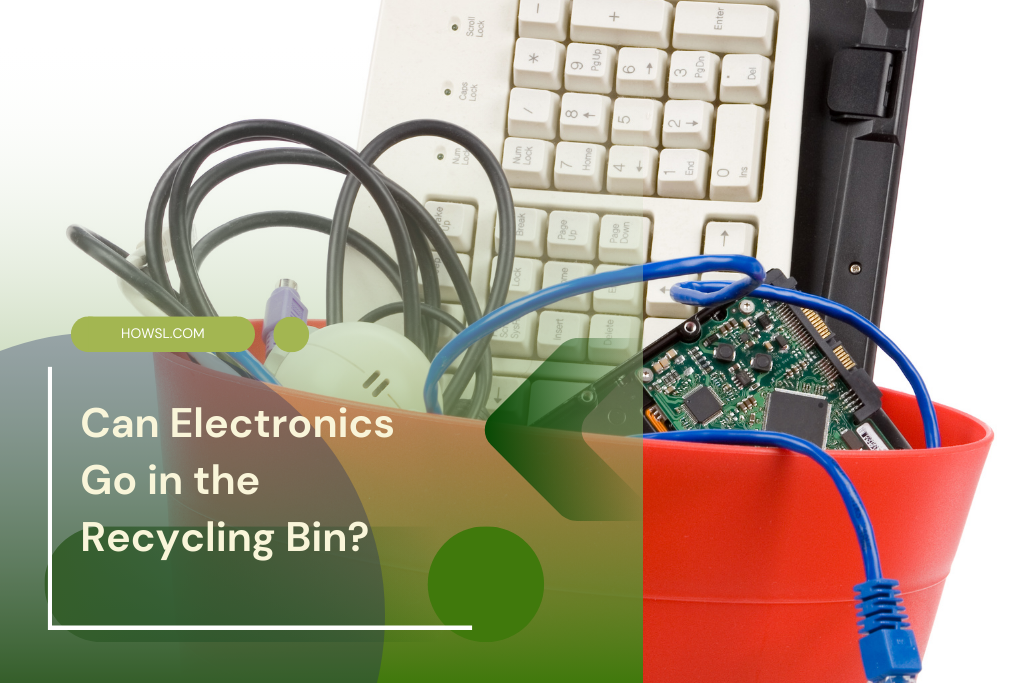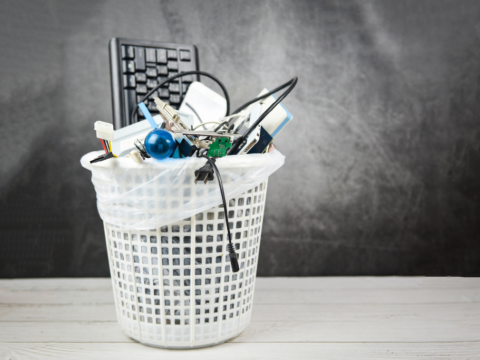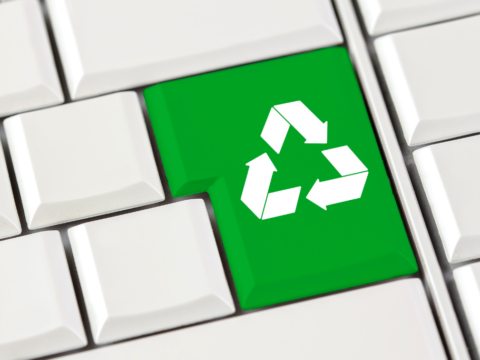H3: How Proper E-Waste Disposal Benefits the Environment
E-waste refers to discarded electronic or electrical devices. Proper disposal of these items significantly contributes to the preservation of our environment. It aids in fostering a healthy ecology by preventing potentially hazardous substances, often present in these devices, from seeping into the ground. When these substances, such as lead and mercury, permeate soil and water, they have detrimental effects on both the environment and human health. As such, correct e-waste disposal is a crucial step towards the safeguarding our environment.
In addition, efficient e-waste disposal systems can aid in natural resource conservation. Electronic devices are packed with various valuable materials – including gold, silver, copper and palladium. When we recycle these devices properly, these resources can be recovered and reused, negating the need to extract fresh resources from earth. This not only conserves our already depleted natural resource reserves, but it also helps to reduce the energy-intensive processes often associated with the mining of fresh minerals. Hence, responsible e-waste disposal greatly bolsters environmental sustainability on multiple fronts.
H2: Restrictions on Recycling Certain Electronic Devices
Many electronic devices can be harmful to the environment if they are not disposed of properly. The materials these devices are composed of, such as lead, mercury, and arsenic, can lead to environmental pollution if discarded carelessly. Thus, there exist stringent regulations on the recycling these devices. Many governing bodies have forbidden disposal of these devices in regular trash, recognising the need to control the potential damage they can cause to the environment.
Moreover, not all electronic devices can be recycled simply due to the nature of their components. For instance, devices with lithium-ion batteries, like smartphones or laptops, need to be carefully managed due to their highly reactive nature. CRT monitors, on the other hand, contain significant quantities of lead – an element which requires specialized procedures for safe extraction and recycling. Any attempt to recycle such devices using conventional methods could not only be ineffective, but potentially hazardous. Hence, restrictions are imposed to safeguard both human health and the environment from improper handling and disposal of such electronic devices.
H3: Electronic Devices that are Not Suitable for Recycling
Disposal of electronic waste, commonly referred to as e-waste, is a concerning environmental issue globally. A major contributing factor is that not all electronic devices are suitable for traditional recycling methods. Certain electronic gadgets, such as older televisions, cathode ray tube monitors, smoke detectors, and even some energy-efficient light bulbs, can each pose distinct recycling challenges.
For instance, older televisions and monitors contain cathode ray tubes, which contain significant amounts of lead, a hazardous and toxic material. Smoke detectors often contain small amounts of radioactive material, making them similarly unfit for typical recycling processes. Light bulbs, especially compact fluorescent lamps (CFLs), contain mercury and should not be recycled like regular glass because of its detrimental environmental impact. Acknowledging and understanding these nuances is the first crucial step toward championing a more responsible electronic waste disposal system.
H3: Safe Disposal Methods for Non-Recyclable Electronics
As electronic appliances continually evolve and advance, some devices inevitably become obsolete and fall into the category of non-recyclable e-waste. To minimize environmental damage, it’s essential to know how to dispose of these electronics responsibly. Manufacturers and retailers often have take-back programs where they collect old, non-working electronics and ensure their proper disposal. They have established methods to isolate and handle the non-recyclable components within these devices, thus reducing the chance of hazardous materials seeping into our environment.
In addition, there are third-party companies specializing in safe e-waste disposal. They offer services ranging from pick-up to drop-off bins strategically located in metropolitan areas. These companies follow stringent procedures for dismantling electronics and safely disposing of non-recyclable parts. In fact, many use cutting-edge technology to reclaim and repurpose valuable materials from these discarded devices. This not only assures the electronics are disposed of properly but also enables the reclamation of precious metals and other valuable resources that can be used in the manufacturing of new products.
H2: Legislation and Policies on Electronic Waste
A vast array of international, national, and regional legislation and policies have emerged with the aim to manage and reduce the harmful impacts of electronic waste on our environment. These regulations, often collectively referred to as ‘e-waste laws’, primarily focus on two aspects: limiting the use of certain hazardous substances in the manufacture of electronic and electrical equipment (EEE), and promoting the collection, treatment, recycling, and disposal of such waste.
One prominent example of such legislation is the European Union’s Waste Electrical and Electronic Equipment (WEEE) Directive. This policy lays down measures which aim to prevent the generation of electrical and electronic waste and to promote reuse, recycling and other forms of recovery in order to reduce the quantity of such waste to be eliminated, thus contributing to the protection of human health and the environment. Similarly, many countries have introduced Extended Producer Responsibility (EPR) laws, whereby manufacturers of electronics are required to manage these products at the end of their life. These and other similar laws underscore the growing global recognition of the importance of proper e-waste management.
What is electronic waste and why is it an issue?
Electronic waste, also known as e-waste, refers to discarded electronic devices. This includes items like computers, televisions, cellphones, and other digital devices. The issue with e-waste is that it often contains hazardous materials that can harm the environment and human health if not disposed of properly.
How can proper e-waste disposal benefit the environment?
Proper disposal of e-waste can significantly reduce the amount of hazardous materials released into the environment. It can also result in the recycling and reusing of valuable materials found in electronics, reducing the need for new raw materials and thereby conserving natural resources.
Are there any restrictions on recycling certain electronic devices?
Yes, certain electronic devices like televisions, monitors, cellphones, and others may have restrictions due to the hazardous materials they contain. These include substances like lead, mercury, and cadmium, which can harm the environment if not disposed of properly.
What electronic devices are not suitable for recycling?
While most electronic devices can be recycled, some contain materials that are not suitable for the usual recycling processes. These could include certain types of batteries, older models of televisions and monitors, and devices containing mercury.
What are safe disposal methods for non-recyclable electronics?
For non-recyclable electronics, safe disposal methods may include taking them to a designated e-waste collection point or using a service that specializes in disposing of such devices. Some manufacturers also offer take-back programs for their products.
What are some of the legislation and policies on electronic waste?
Legislation and policies on e-waste can vary by country and region. These laws often regulate how e-waste should be disposed of, who is responsible for its disposal, and what types of electronics are considered hazardous. Some countries also have laws encouraging or requiring manufacturers to take back their products for disposal.
Can individuals contribute to proper e-waste disposal?
Yes, individuals can play a significant role in proper e-waste disposal. This can include taking their old electronics to a designated collection point, using a professional e-waste disposal service, and choosing to buy electronics from manufacturers that have take-back programs.


